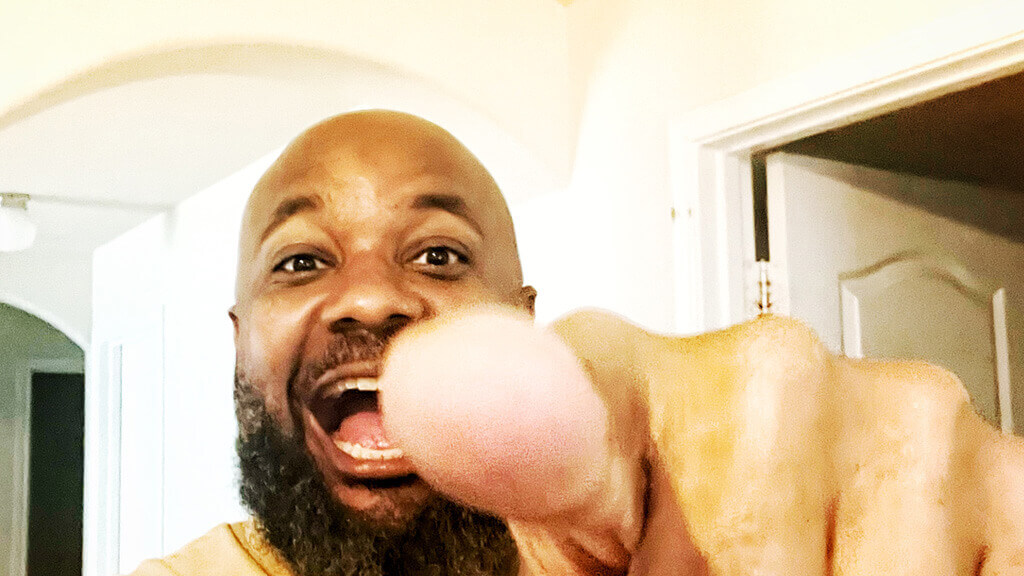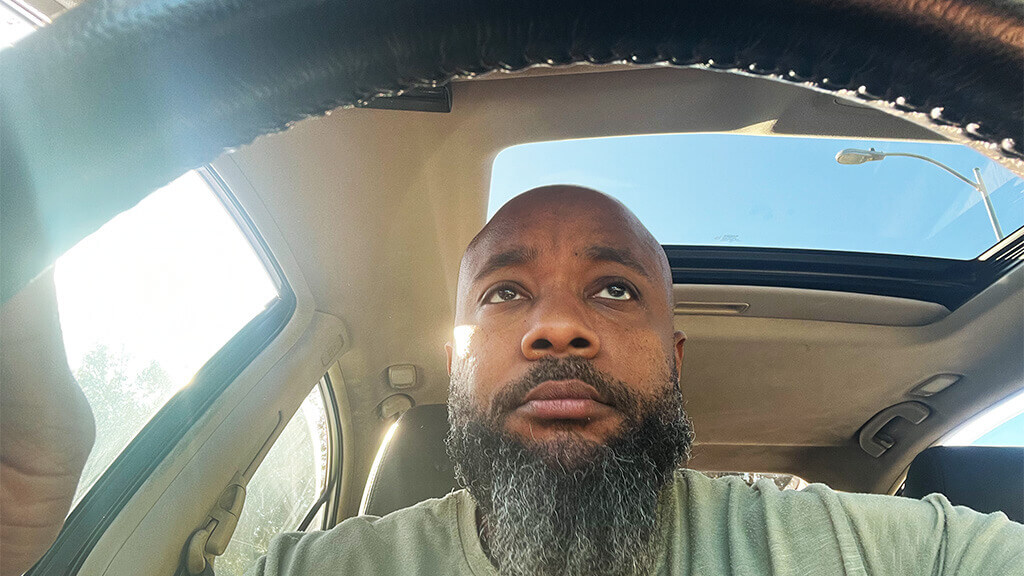
Part 2: Spiritual Lessons from Everyday Frustrations: Difficult People
Previously on JClay.org, we talked about handling traffic jams like a pro and what they may signify in your life.
Today, it’s all about dealing with difficult people and the role they play in you becoming the greatest version of yourself that you’ve ever experienced.
By these “difficult people”, I’m referring to those people who knowingly and unknowingly find creative ways to irk you … the ones that force you to take a deep breath … and the ones that rub you the wrong way, instead of, rub you the right way.

Meet The Difficults
The challenges that come along with dealing with difficult people are quite different from those discovered within and amongst traffic.
Yes, traffic is caused by people, but mostly it’s by people you don’t know.
Difficult people, however, come in all shapes and forms as friends and strangers, as loved ones and enemies, and even as co-workers and business partners. 😮
If it wasn’t for difficult people, life may not be so difficult.
This is true. What is not true, however, is your “innocent” role in the matter.
In many instances, you have been the difficult one to others and yourself…but more on that later.
What makes a person difficult?
If you were to break down the words “difficult”, you would have “diff” and “cult” joined by “I”.
And so, my definition would be – a different culture that I witness. In no way does this definition have a negative connotation.
But let’s see what others say.
According to MorningCoach, difficult people are those who:
-
- view everything as a competition.
- like to place blame on others.
- are usually close-minded.
- like to argue with others.
- are prone to outbursts.
- love to judge others.
- never compromise.
In many ways, I agree. This is society’s definition of difficult. And if I’m being honest with myself, I’ve dabbled in each of these behaviors upon a time.
Have you?
The answer is relevant because I’ve often wondered if people met themselves, would they like being around themselves?
Could you honestly be in your own presence 24/7?
Many seek escape on an hourly basis so they won’t have to deal with themselves and their thoughts.
Still, let’s play out this scenario. Let’s say that as you are now, you physically cloned yourself and had to interact with yourself all day long.
Would you find yourself judging yourself as judgy?
Would you become close-minded to how close-minded you are toward yourself?
Will the narcissistic behavior be apparent in that you want what you want more than the other you wants what the-other-you wants?
What I love about MorningCoach’s definition is that those with that behavior are displaying the same behavior by calling it out. I’ll explain.
How To Be Around Toxic Family & Friends
The Mirror
The hard truth is that everyone is a mirror to everyone else.
When I look at you, I may see confidence. When the person next to me sees you, she may see timidity, which is a fun word to say.
She and I would both be correct in what we see because we can only see through the filter of our beliefs.
I can only see you for what I am. And what I am not, I know not of.
Let’s give an example.
Have you ever heard a new interesting word or phrase and thought, “Where did that come from?” Then the following days, you hear it multiple times from multiple sources.
You may think to yourself, “How does everyone know this phrase and I just heard of it? Was it always in existence?”
So you google it only to find that the word or phrase has been commonly said for many years. This is NOT a coincidence.
This is a sign that you’ve stepped into a new level of awareness (a new reality).
Your beliefs changed, so what you now mirror has changed all perfectly in balance with what you dictated as the experience of your awareness as the master of your reality.
So let’s revisit MorningCoach’s definition from this mirrored perception.
Let’s bring back their definition.
…A difficult person is one who:
-
- views everything as a competition.
- likes to place blame on others.
- likes to argue with others.
- is usually close-minded.
- loves to judge others.
- is prone to outbursts.
- never compromises.
From the mirrored perception, you are exactly like the so-named difficult person in that:
-
- You are comparing yourself to or competing with that person.
- You are blaming that person for being difficult when that blaming can be seen as difficult for them.
- You want to be right and so you dislike when that person argues with what you’ve said.
- You are not willing to understand their viewpoint, instead just wanting yours to be understood.
- You are judging them for how they are being.
- You are having an in-burst of negative feelings toward that person.
- You don’t want to change how you feel about them and see them in a new light.
How Does This Help Me Deal with Difficult People?
Great question.
Hopefully, you are starting to realize that you are the difficult person that you interact with daily.
You are the one that gives meaning to the world around you. If someone were to ask you what’s the meaning of life, your unconscious answer based on your habits would be, “To be burdened by difficulty.” Or something similar.
Dealing with a so-called person of a different culture is a matter of dealing with yourself in understanding why you feel the way you feel.
For instance, let’s say you have a problem with people leaving you. To “protect” yourself, you may dismiss people out of your life prematurely thus perpetuating the cycle you don’t enjoy…leading you toward further un-enjoyment.
A better way would be to play the Why game so that you get to the root belief that you have allowed to show you a world of disbelief. Here’s how it would go in this situation.
Why do I hate when people transition out of my life?
Because it makes me feel alone.
Why does it feel bad to be alone?
Because it brings me closer to having to be with myself and I don’t like myself.
Why don’t I like myself?
Because I made bad decisions that I can’t forgive.
Why are those bad decisions?
Because I should’ve known better.
How could I have known better?
Because I was warned.
Why didn’t the warning matter?
Because it felt alive to act out my decision.
So do I regret the action or the consequences of my action?
Neither, I am happy about the experience and would happily do it again.
Then why can’t you forgive yourself?
I guess I can.
Many answers could have come from this and perhaps they did. The point is to play this game for yourself and go in as many directions as needed to reach the root.
Peace is here, it’s just been covered in judgments that we’ve ignorantly made in our youth that we have yet to re-explore.
So the more you deal with yourself, the less triggered you become by the words and actions of others.
Before you know it, you will be that happy person who laughs a warm and hearty laugh in every situation…that is until electronics and gadgets you depend on break down on you for no reason.
But there actually is a reason.
Technology Fails
Ahh, you know the drill. This article has become lengthy so we’ll conclude this topic next week.
As always, have some peace. It’s delicious.
